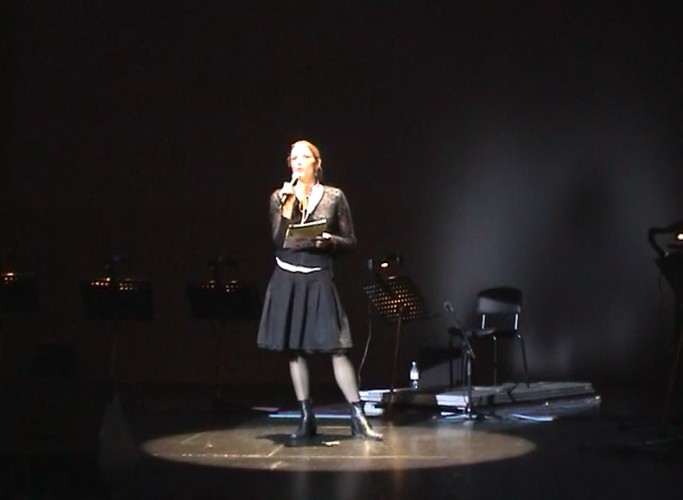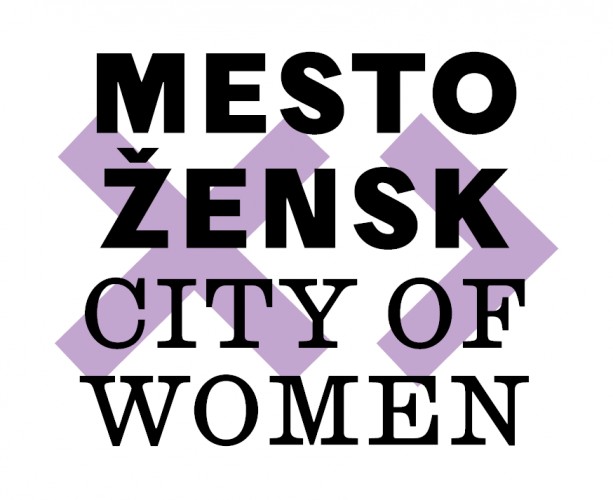Jocelyn Pook is a composer who writes scores for concert, film, theatre and dance with the same apparent ease. She sculpted her classical musical education on the viola, which in the world of composition places her as an artist of linear and horizontal music events. Listening to her work more carefully, one can grasp extraordinary delicacies to which Pook has paid attention – we perceive the subtle and accurately elaborated melodic lines that are captured and mingled in harmonies with a touch of the renaissance, as well as classical and contemporary pulses. The latter is mentioned due to the fact that nowadays music draws from its heritage and blends it with the more contemporary expressions such as jazz, ethno and pop. Anyway, Jocelyn Pook collaborates with a range of appealing musicians: Laurie Anderson, Ryuichi Sakamoto, Natacha Atlas, Peter Gabriel, and appeared with such bands as The Communards and Massive Attack.
Among Pook’s film scores, was that for Stanley Kubrick’s last film Eyes Wide Shut (1999), as well as two years later L’emploi du temps (Time Out) directed by Laurent Cantet, and Anne Fontaine’s Comment j’ai tué mon père (How I Killed My Father). In 2002 she contributed one piece – Dionysus from the album Untold Things – to Martin Scorsese’s Gangs of New York (the original score for the film is by Howard Shore).
Eyes Wide Shut and How I Killed My Father can hardly be imagined without Jocelyn Pook’s music. The sonic minimalism that she introduces in the two films forms the pillar of the melodic structure of both scores, and by way of it the images of the film become multi-faceted characters, which are as real as the filmed ones. In the first project she communicated with Kubrick’s own visual direction, which due to the very content of the film is at times literally intrusive and on the edge of voyeurism. In Anne Fontaine’s drama, however, Pook brilliantly expressed the cutting edge of memory and exposed the eternal oscillation of the father-son relationship. Being an excellent connoisseur of the old masters, she never let herself be tempted by the ear- and soul-pleasing sweetness of popular pop-romanticism, but instead constructed the melodic structure of her own story upon instrumental tones. Jocelyn Pook’s music is a constituent element of the very image of the film with which she actively participates in the creation of the relations between the main characters. Both films deal with relations, with confrontations of people whose relationships are ultimately polyvalent – either utterly eroticised and/or Oedipal - as well as charged with every possible nuance in between.
By way of her music, Pook does not moralise nor psychologise the complexity of such human mutual conditions, but she rather steps aside and takes a somewhat sideways look. She enhances the significance of various shades of the event itself, becomes an objective of the acoustic lens, and thus zooms, focuses and allows for a more accurate relation to the sonorous masterpiece which is captured in the magic of the film. As Gaston Bachelard would have put it, her film scores are genuine intellectual experiments that break through every epistemological barrier set up by the imaginary.
Mitja Reichenberg


